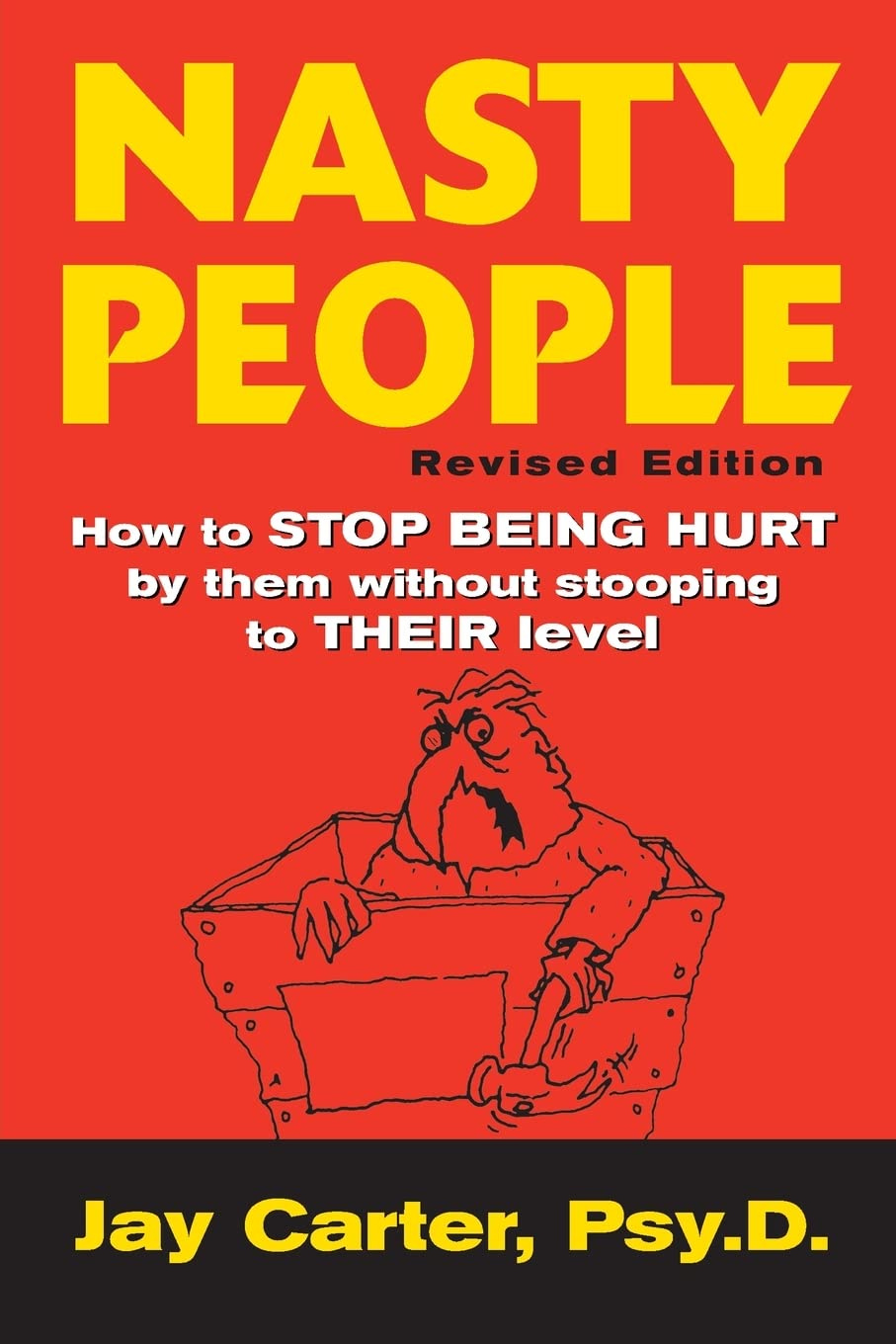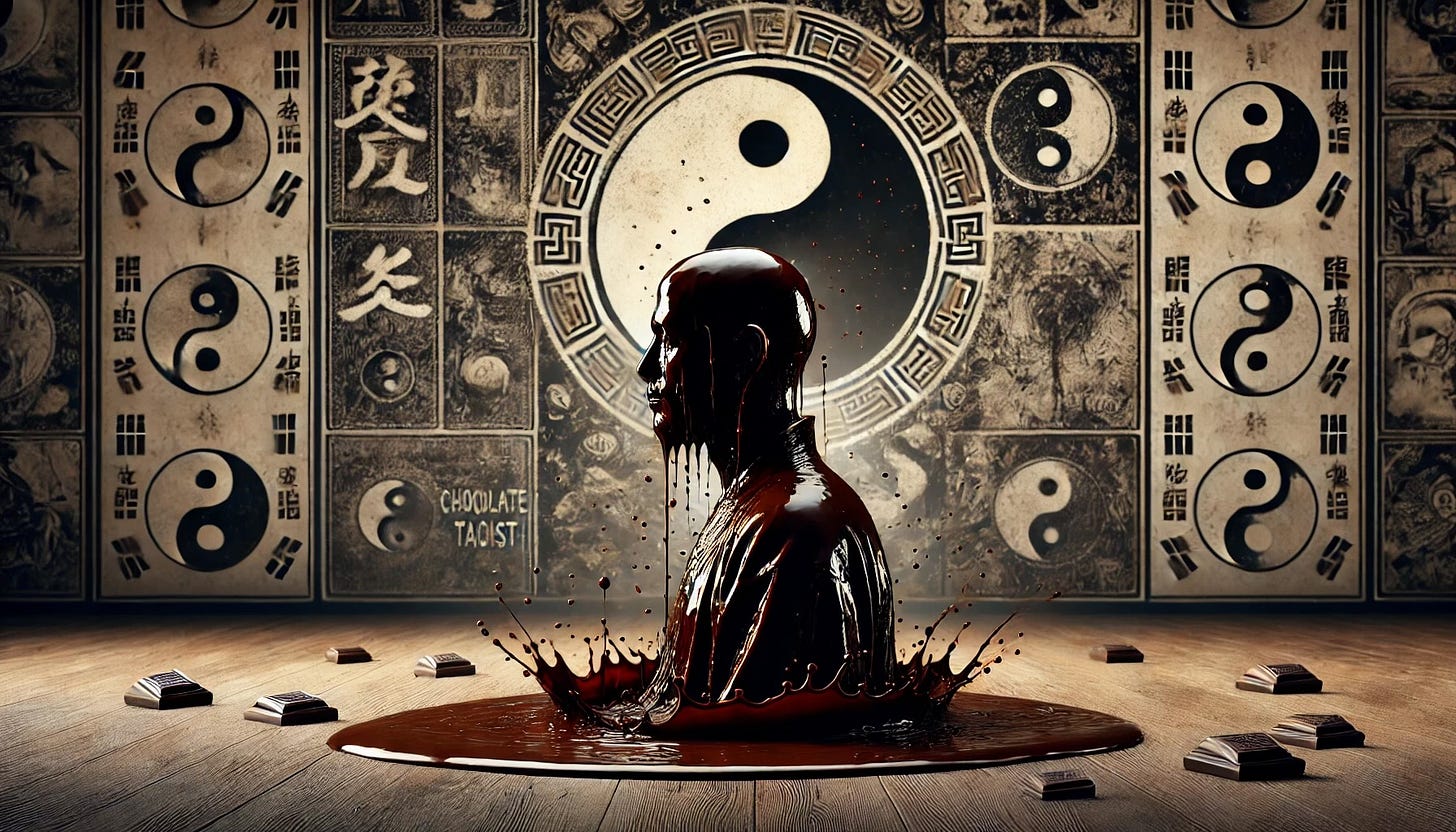What Can Eastern Philosophy Teach Us About Volcanic Eruptions?
…. Specifically Those of a Human Kind
Sadly, we live in a world where the slightest provocation can set someone off. It could be a family member, friend, or even some random person in public.
I affectionately refer to these outbursts as "volcanic eruptions." And when you encounter them, I know from my own personal experiences that they can be very unnerving.
These sort of angry outbursts and tirades seem all too common in today’s terse economic and political climate. Given their frequency, it is imperative that we develop strategies to manage these moments with grace and understanding.
First, I believe it’s important to recognize that these eruptions are often symptoms of deeper issues. Financial instability, political strife, and family and work stressors create a fertile ground for frustration and anger.
A person may feel powerless, unheard, or overwhelmed, and their outbursts are often desperate attempts to reclaim a sense of control. Understood from this context can help you approach these situations with empathy rather than defensiveness.
The good news is that there are ways to employ stillness and non-reactivity when these flights to anger occur. The Tao Te Ching teaches that “the soft overcomes the hard,” suggesting that a calm, yielding approach can diffuse tension more effectively than meeting aggression with aggression.
When faced with someone’s volcanic eruption, practice being like water: gentle, adaptable, and unyielding in your serenity. Let their anger wash over you without absorbing its heat.
I vividly recall a moment in Las Vegas last year that perfectly encapsulates the volatility of our times. Two men, one liberal and the other conservative, found themselves in a heated argument over who was the better political leader—Biden or Trump.
When things escalated and neither could let it go, their respective partners had to step in to prevent the confrontation from turning physical. The intensity of their disagreement was palpable, a stark reminder of how deeply divided and emotionally charged our society has become.
Jay Carter’s book “Nasty People” provides practical insights into dealing with toxic behavior. One key lesson is the importance of setting guardrails without escalating the conflict.
Firmly but calmly, you can assert your boundaries by saying something like, “I understand that you’re upset, but I cannot continue this conversation while you’re yelling.”
This not only protects your emotional well-being but also signals to the other person that their behavior is unacceptable, all without invalidating their feelings.
Eastern philosophical traditions offer additional guidance. For instance, in Zen Buddhism, the practice of mindfulness teaches you to remain fully present in the moment, observing your own reactions without judgment.
Here, mindfulness can help you remain centered and composed, even as the storm rages around you. By staying grounded in your own calm, you can often help to soothe the other person’s agitation.
Consider also the concept of wu wei, or effortless action, from Taoism. Rather than trying to control or suppress the other person’s emotions, focus on responding in a way that aligns with the natural flow of the situation.
Sometimes, this might mean listening quietly and letting the person vent. Other times, it might mean walking away until they have calmed down. What’s most important here is to trust your intuition to guide you in these moments.
Nevertheless, society today, with its relentless pressures and uncertainties, makes these outbursts more likely. But by cultivating a deep understanding of the forces at play, you can navigate these interactions with greater wisdom and compassion.
Remember that your goal is not to change the other person but to manage your response in a way that maintains your inner peace and promotes a healthier dynamic.
In the end, managing these “flights of volcanic eruptions” requires a blend of empathy, mindfulness, and firm boundaries. By drawing on the teachings of Taoism and other Eastern philosophies, and integrating practical advice from sources like Jay Carter’s “Nasty People,” you can develop a resilient and compassionate approach to these challenging interactions.
This path not only helps you maintain your own equilibrium but also contributes to a more harmonious environment for everyone involved.
Since 2022, The Chocolate Taoist has delivered uncommon nomadic wisdom to help you live a more interconnected and expansive life.
If this publication has been a source of wisdom for you then please consider helping me sustain it by becoming a monthly or annual contributor.
For just $6.00/month or $60.00/year, you’ll have the opportunity to share your lived experiences with fellow nomads, fueling fiery discussions that provoke, inspire, and challenge you to think differently.
So I hope you will take the plunge today and contribute to my mission of helping human travelers on this life journey.
Onward and Forward
Diamond Michael Scott aka The Chocolate Taoist







Thanks for the book recommendation, Diamond. Our collective nervous systems are on high alert and need to learn what works to help calm them down in order to behave more civilized. Appreciate your posts.